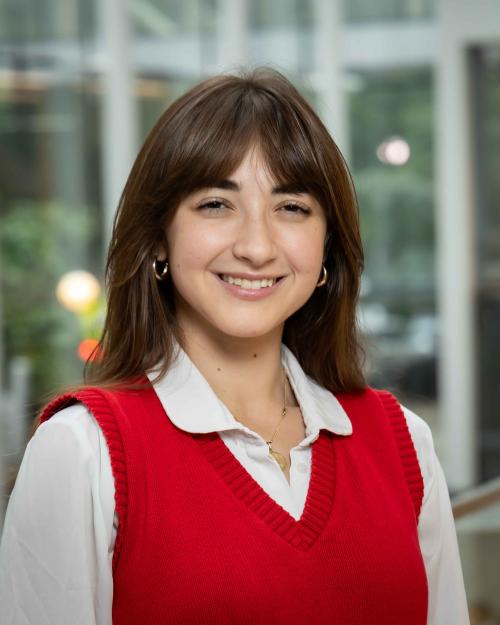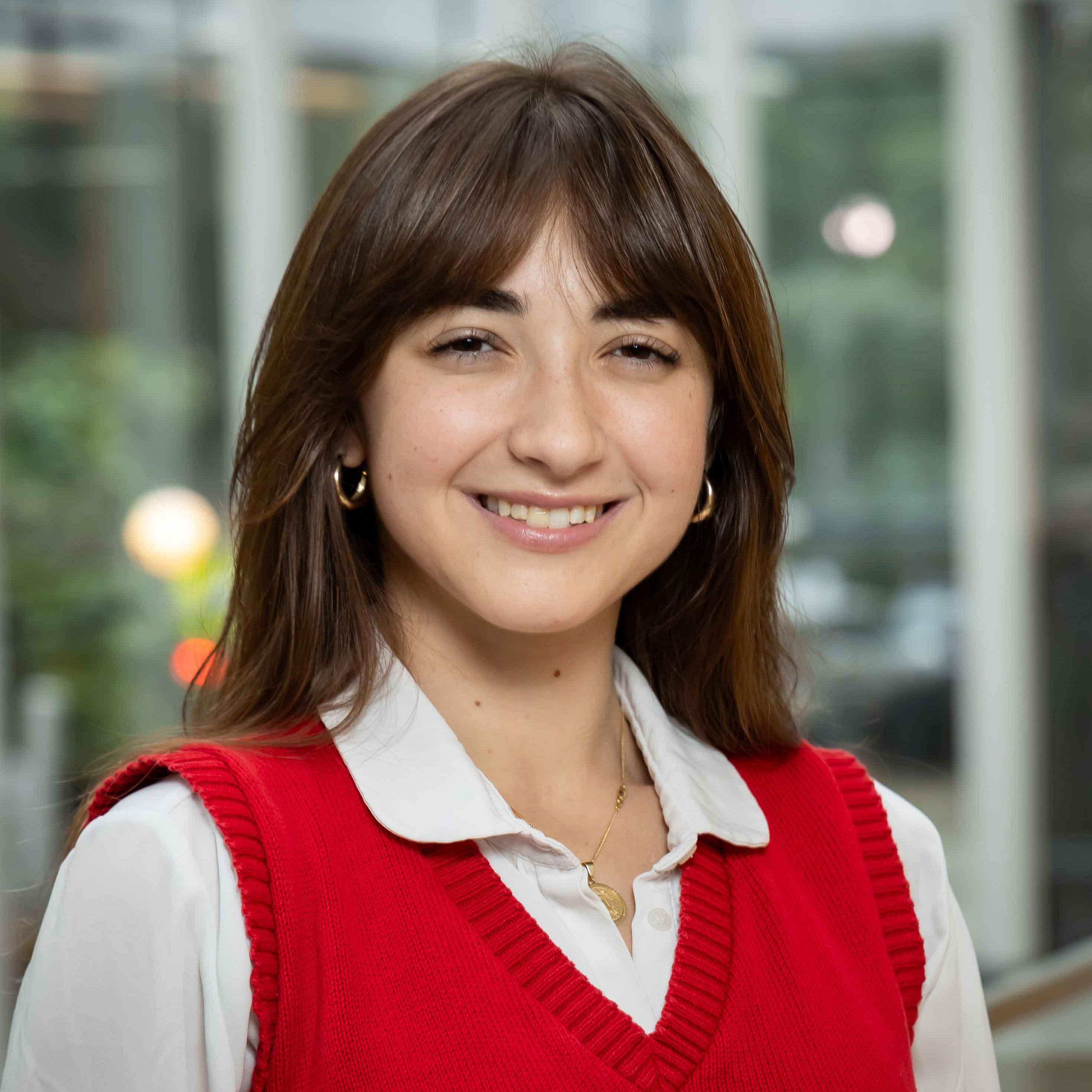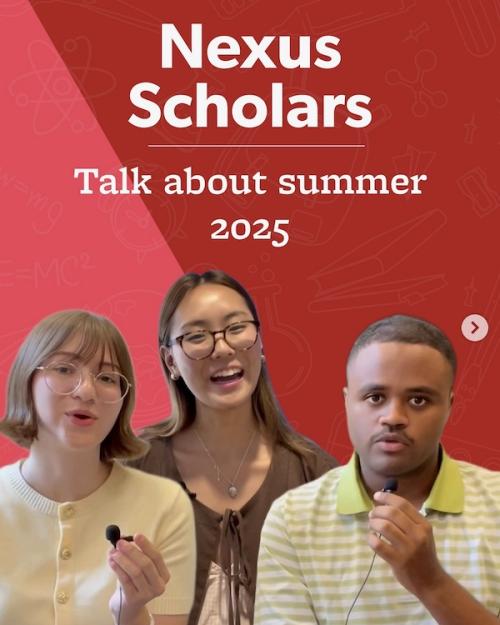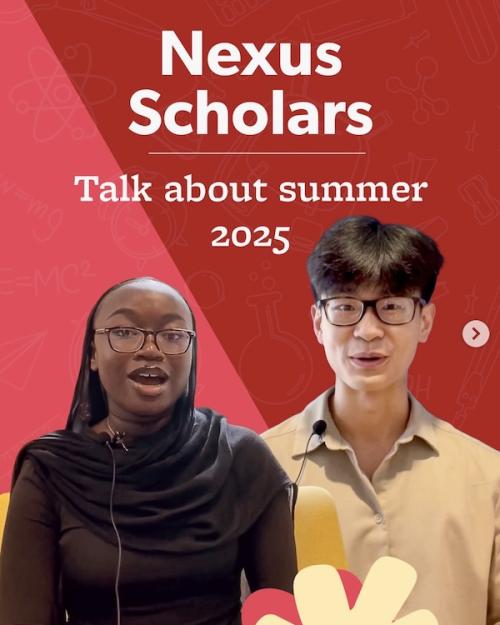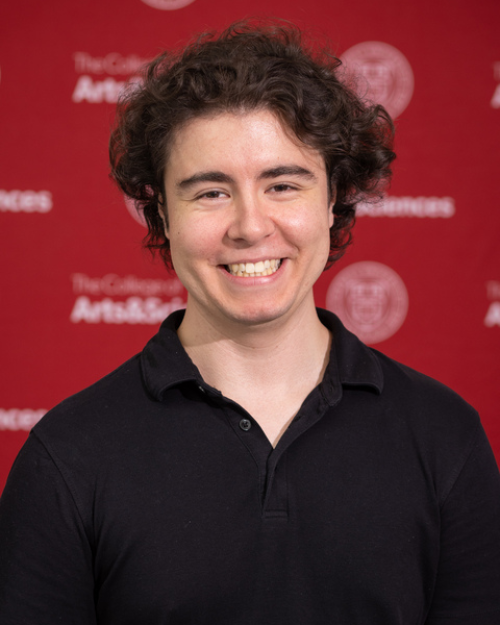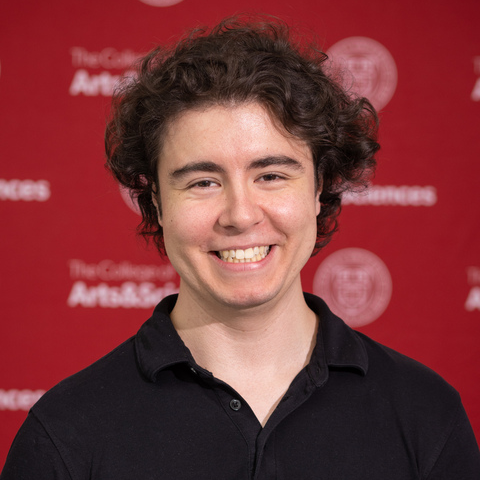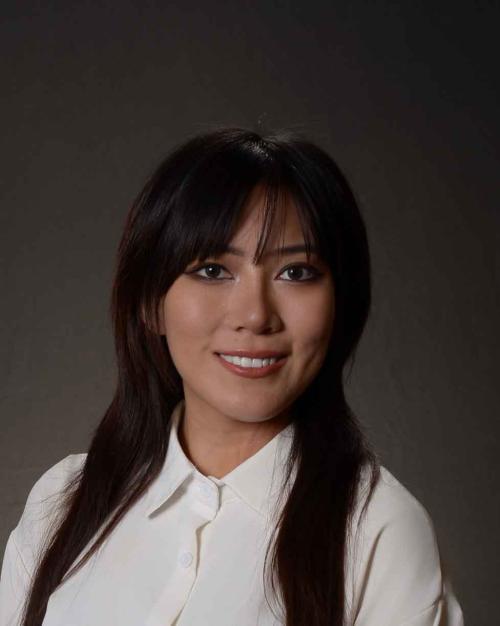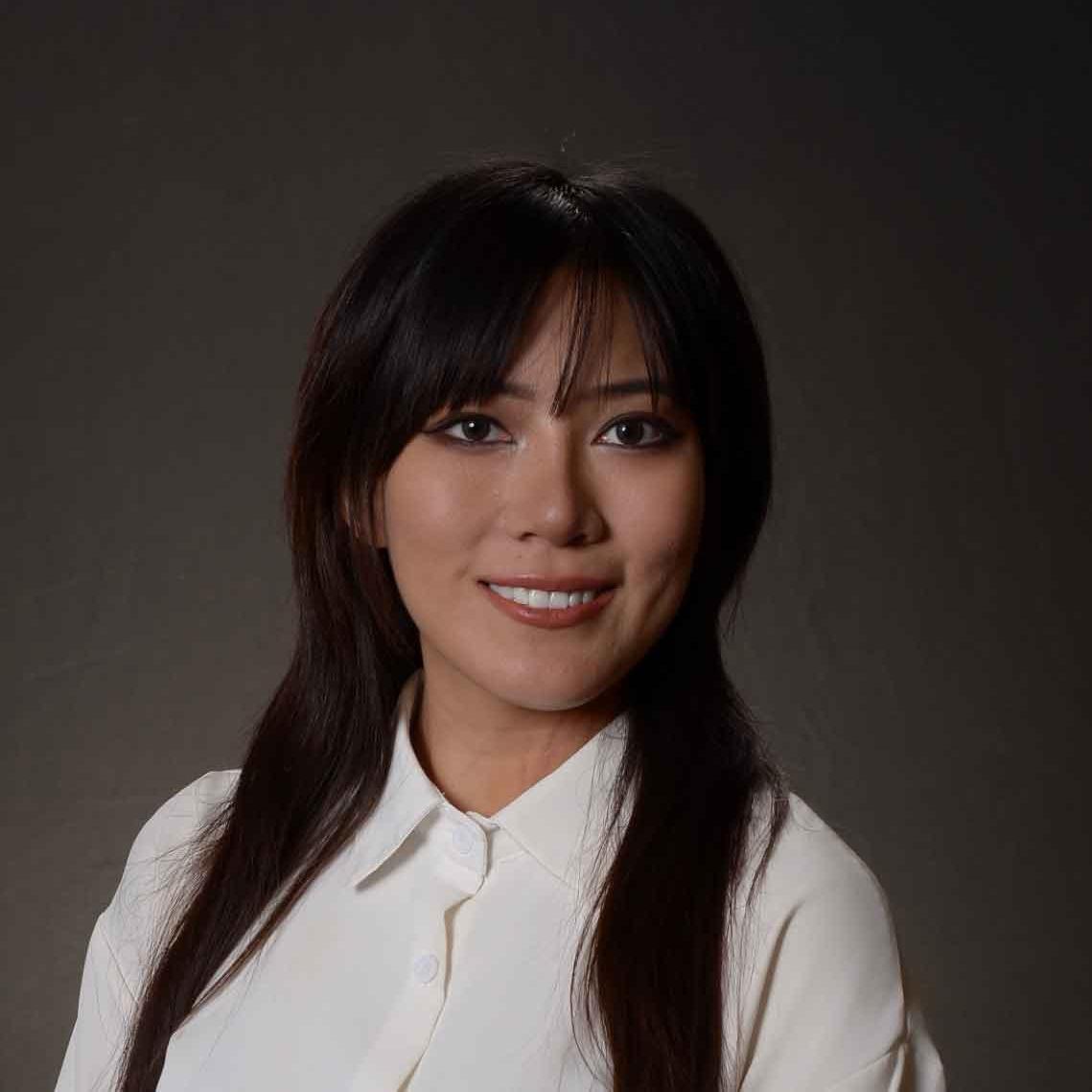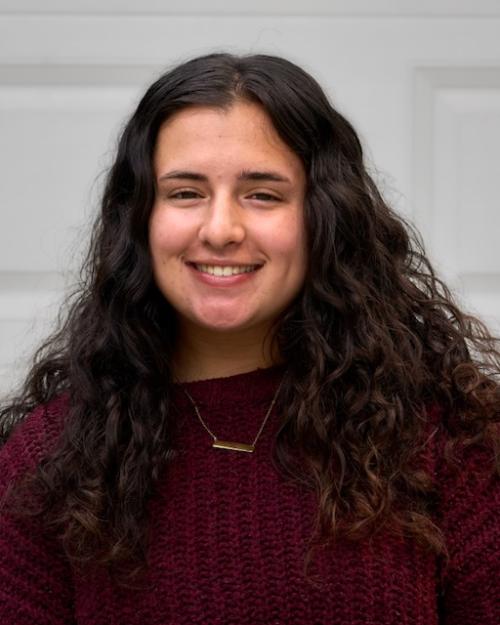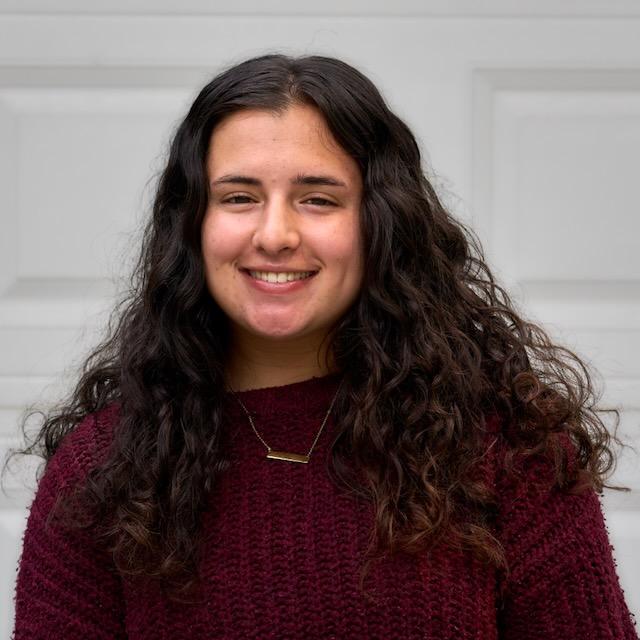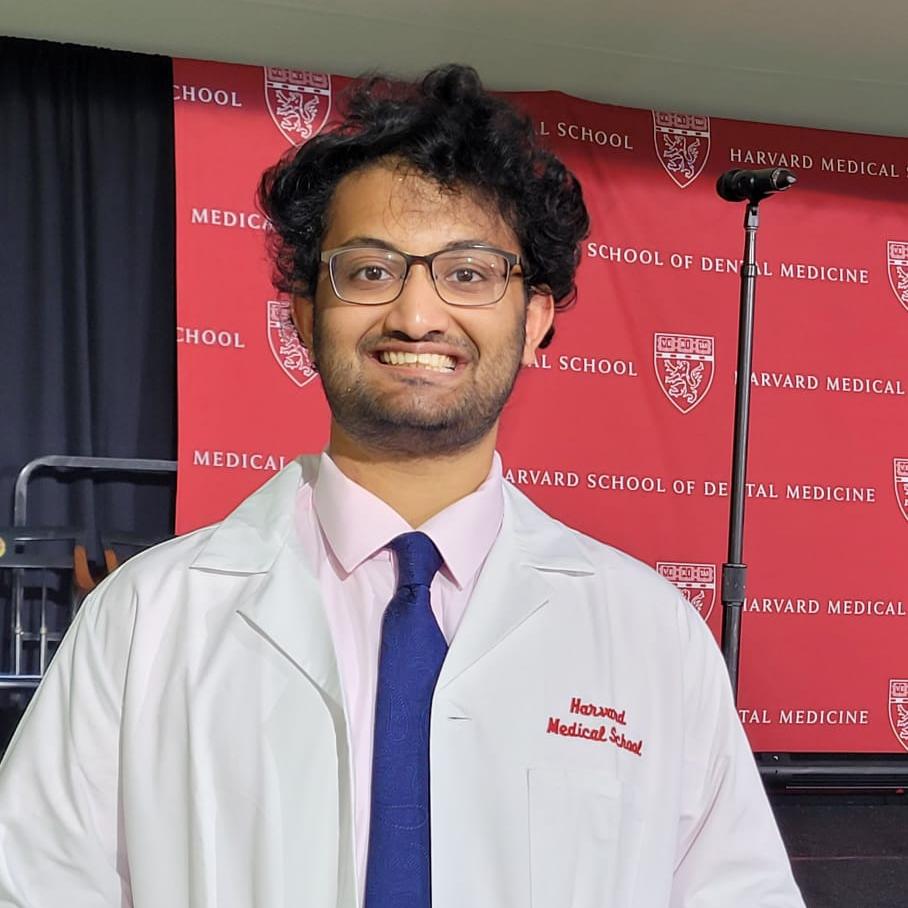Looking to apply for the summer 2026 Nexus Scholars Program? Check out information about eligibility and application process details on this page and submit a complete application by January 12, 2026 at 11:59pm EST.
Opening doors outside of academia
Click the image at left to view the videos.
Nexus Scholars Basil Bob ’27 & Morgan Perlstein ‘27, both English and government double majors, talk about their English literature research this summer. “Ithaca over the summer has been a great experience. I’ve gotten to meet a lot of interesting, amazing people.” And Nexus Scholar Kathy Lim ’28, an information science and economics double major, shares how she used machine learning to study Alzheimer’s disease. “All of the professional development events were a great way to explore careers in academia or outside of academia.”
Gain diverse skills toward enriching careers
Click the image at left to view the videos.
Salimata Cisse ’26, an American studies major, studied how some democracies throughout the world have slid backwards toward autocracy. “The Nexus Scholars Program helped me learn how to leverage my research skills toward a career.”
Jerry Lu ’28, a biological sciences and chemistry double major, studied the Spanish flu epidemic in America. “In addition to all of the clinical and wet lab opportunities Cornell provides, Nexus Scholars has allowed me to take a unique spin and explore the more diverse areas of medicine.”
General Information
What is the Nexus Scholars Program?
The Nexus Scholars Program in the College of Arts & Sciences (A&S) provides undergraduate students with paid, full-time summer research opportunities under the mentorship of faculty from all across the college (humanities, social sciences, and STEM). The program also includes a professional development course, career exploration opportunities, social events, and the chance to join a cohort of 100 students with diverse interests who are passionate about learning.
Nexus Scholars are selected based on their interest in research, their ability to work collaboratively, and their potential to contribute to the field. Students who are early in their academic careers and from a variety of backgrounds are encouraged to apply. Students who are encouraged to explore research projects either within or outside their major field of interest, and undecided students are welcome to participate. The Nexus Scholars Program is intended to be an entry point into undergraduate research, and we prioritize applicants who do not have significant research experience.
For any questions regarding the program please email nexusscholars@cornell.edu.
Eligibility and Timeline
The Nexus Scholars Program is open to A&S first-years, sophomores, and juniors. Students must be in good academic and judicial standing, commit to working full-time in Ithaca during the program dates, and be at least 18 years old on the program start date.
Full details about eligibility and other aspects of the application process can be found on the application process webpage.
2026 Program Timeline (dates are subject to change):
- November 18, 2025: Applications open
- January 12, 2026: Applications close at 11:59 p.m. ET
- May 28, 2026: Program start date & orientation
- July 29, 2026: Program end date & capstone presentations
Nexus Scholar FAQs
No! The Nexus Scholars Program is a gateway to undergraduate research, and we therefore encourage students who do not have any prior research experience to apply.
The Nexus Scholars Program is tailored to students who are new to research, though this does not necessarily tie to any particular class year. As a result, the Nexus Scholars cohort is typically a mix of rising sophomores, juniors, and seniors. In 2025, there were 44 rising sophomores, 34 rising juniors, and 19 rising seniors in the scholar cohort.
Yes, every year there are Nexus Scholars faculty mentors who offer projects in the arts and humanities which develop qualitative research skills. Recent examples include:
- Conducting research into historical pianos, contributing to a database and preparation for a major music festival (Professor Roger Moseley, Music) -
- Studying rare manuscripts for a book project on the topic of 19th century women writers and artists (Professor Shirley Samuels, Literatures in English) -
- Exploring historical texts on vaccination during the Spanish Flu pandemic (Professor Suman Seth, Science & Technology Studies)
Yes! Though Bowers faculty cannot serve as mentors in the Nexus Scholars Program, many projects across diverse departments involve computer science. Therefore, Arts & Sciences students pursuing majors in Bowers CIS commonly participate in the Nexus Scholars Program for a unique research opportunity.
Recent examples include:
- Programming a radio-transmitting cube satellite to broadcast original music and interviews (Professor Mendi Obadike, Performing and Media Arts)
- Coding and performing analyses on genetic data related to SARS-CoV-2 and long-term experimental evolution (Professor April Wei, Computational Biology)
- Training optimal character recognition models for classical Greek language research (Professor Jeffrey Rusten, Classics)
Selectivity can vary depending on how many applications a particular faculty mentor’s project receives. We recommend applicants choose the projects that best fit their interests and experiences, as faculty mentors are looking to select eager and enthusiastic students. For summer 2025, we received approximately 350 applications for a cohort of about 100 scholars.
No, the Nexus Scholars Program is a full-time commitment for which students need to be physically present in Ithaca. Students cannot work any other job at Cornell or take a summer course at Cornell or elsewhere during the program dates.
The Nexus Scholars Program does not provide summer housing. Nexus Scholars are paid hourly and can use their earnings to pay for summer living expenses. Students living in Ithaca over the summer will typically stay on-campus or sublet a room at an off-campus property. Links directing students to summer housing options will be provided in the acceptance email sent out in mid-March to provide students with enough information and time to determine their summer living arrangements.
This will depend on the interests and needs of the faculty mentor and their project. It is not uncommon for Nexus Scholars to continue doing research with their faculty mentor into the academic year, but this is not a guarantee.
Nexus Scholars in their own words

|
|
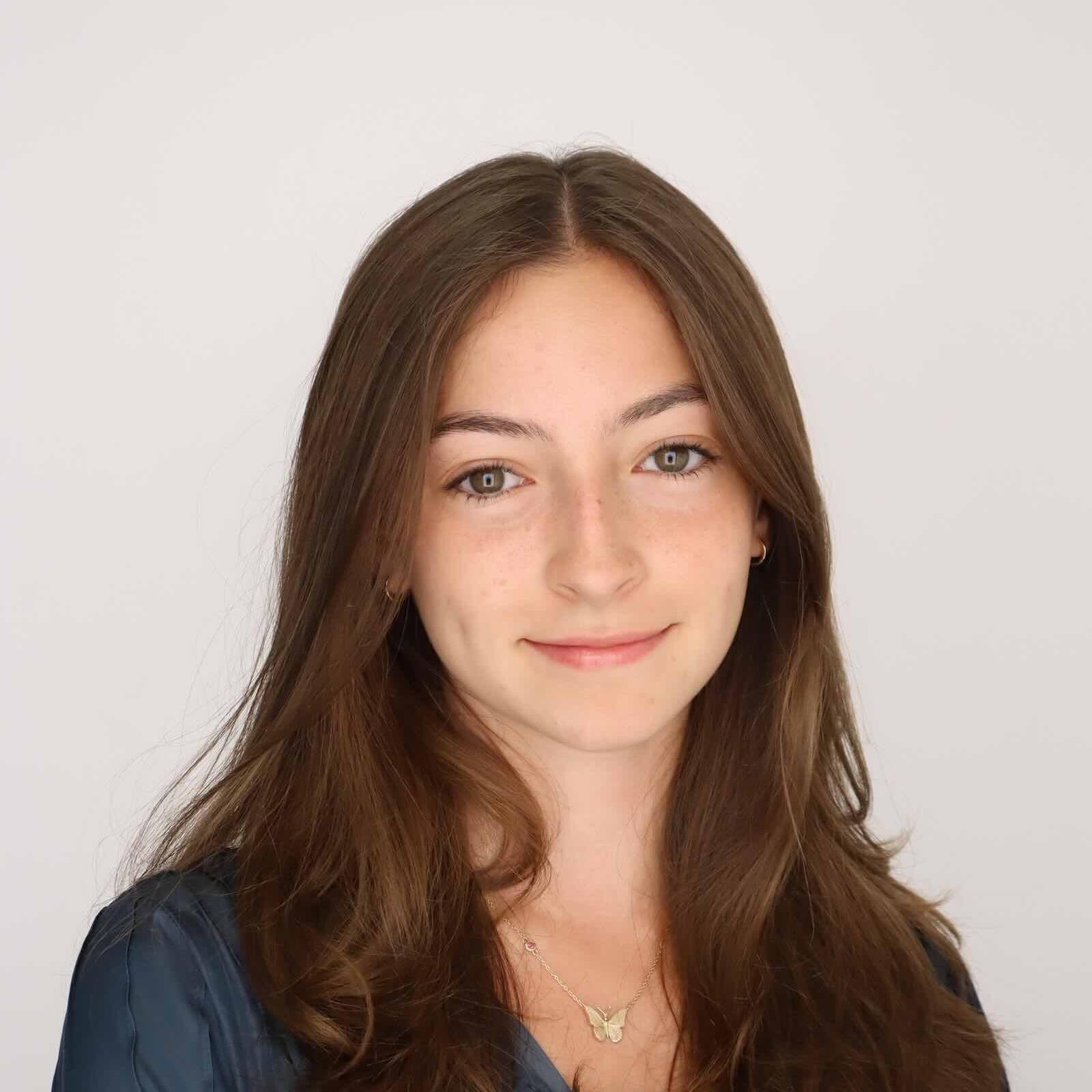
|
|
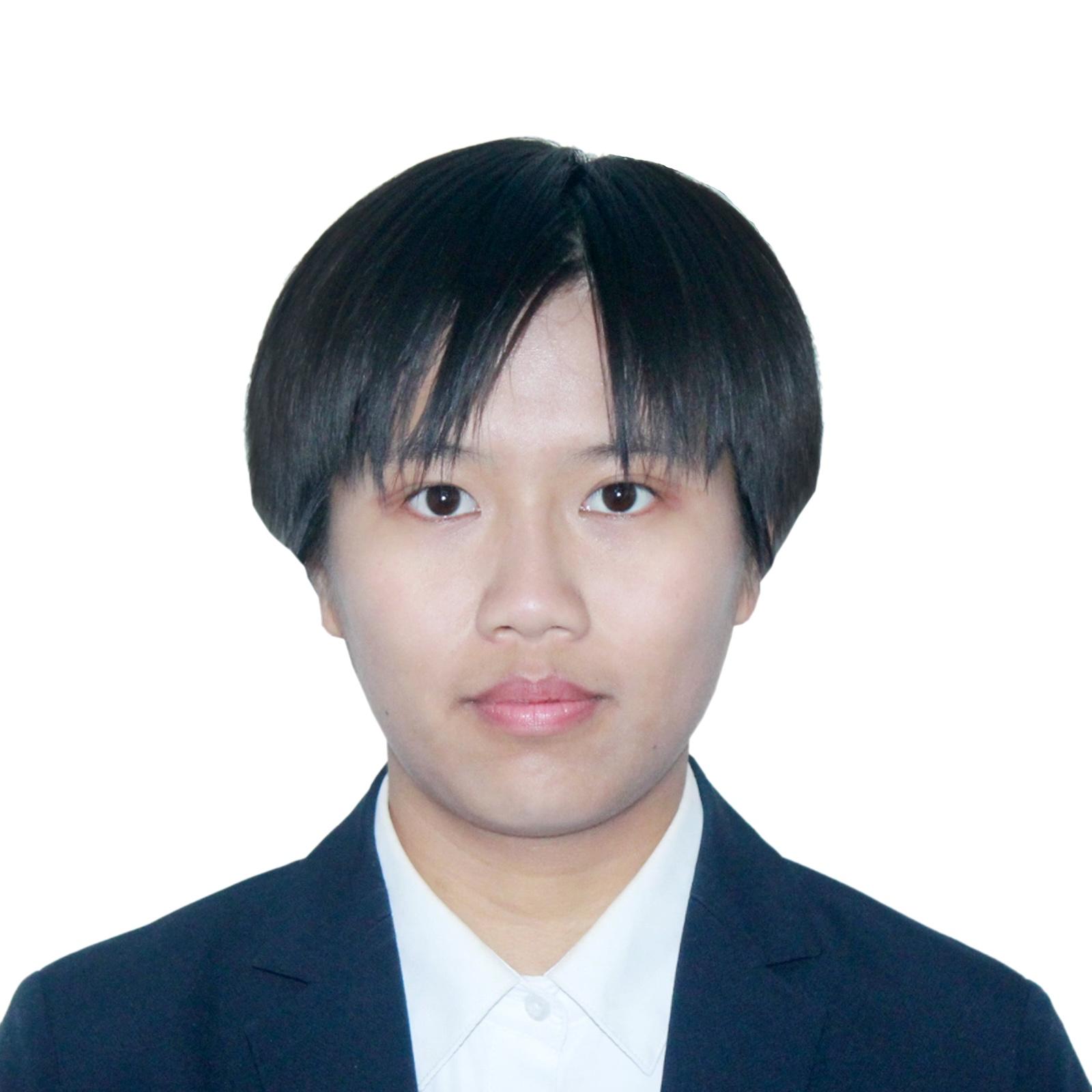
|
|
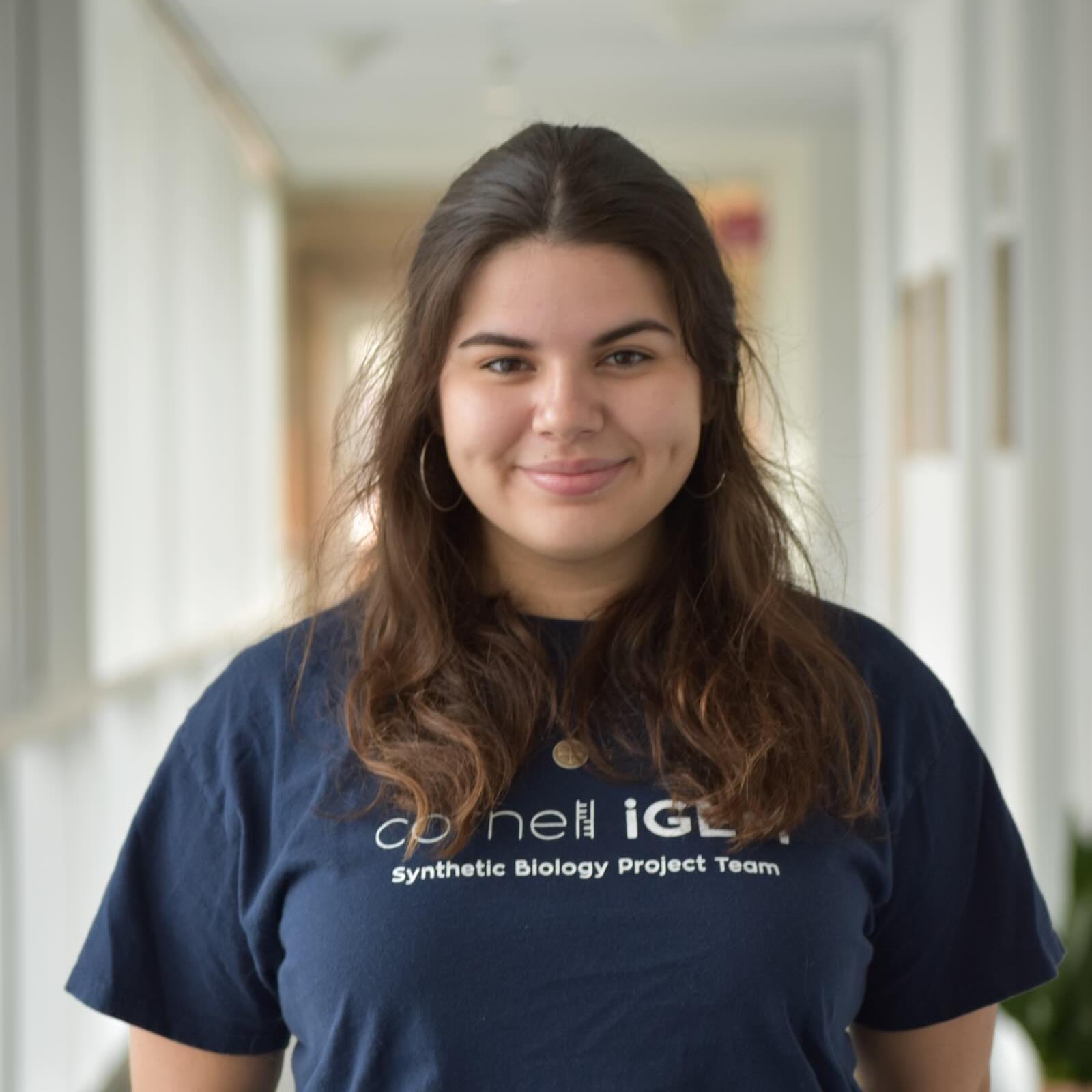
|
|

|
|
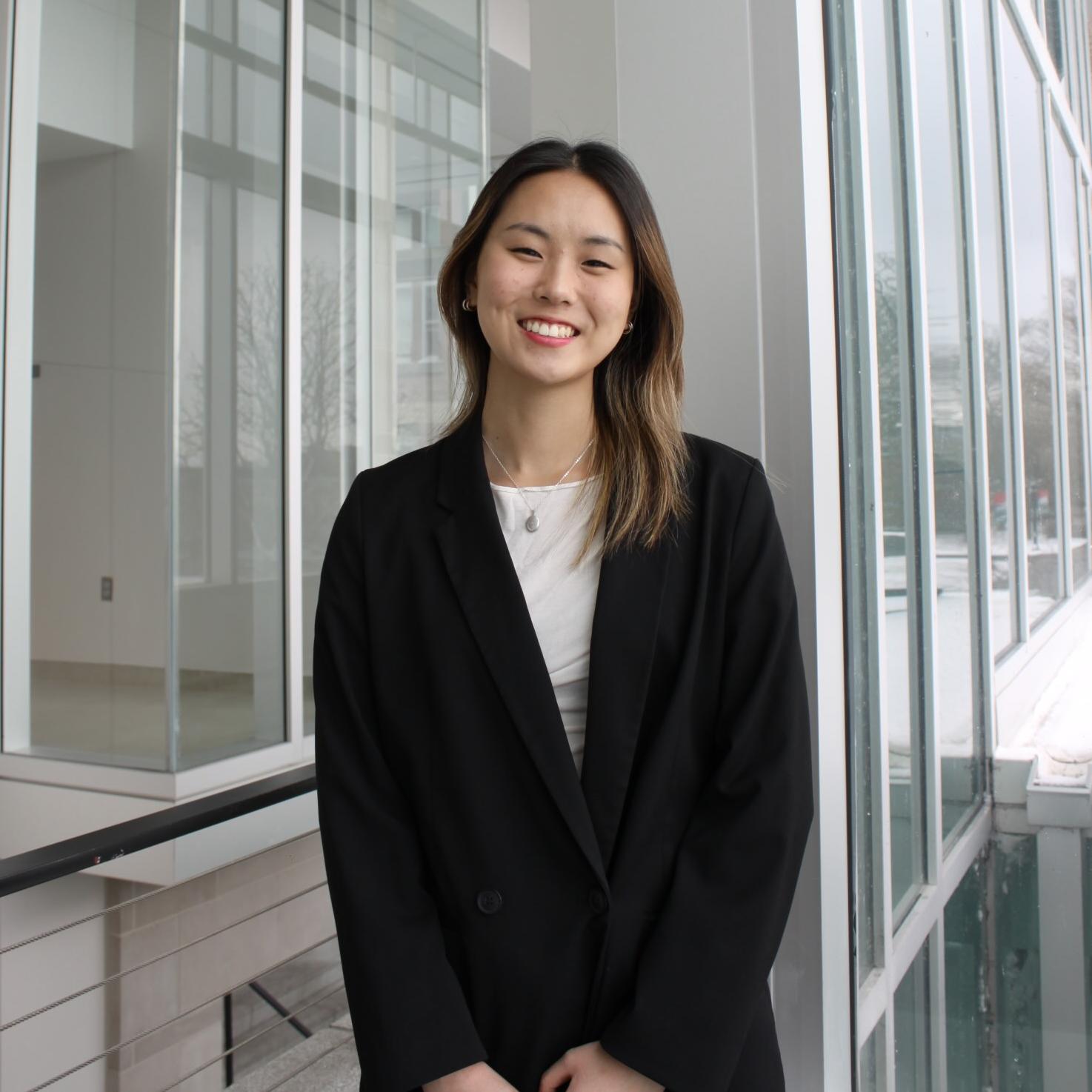
|
|
Support the Nexus Scholars Program
Making a gift to support the Nexus Scholars Program will help to ensure that research opportunities are available to all students, regardless of their financial situation.
If you would like to discuss other opportunities to support undergraduate students in the College, please contact the A&S Development Team.
Nexus Scholars alumni profiles
